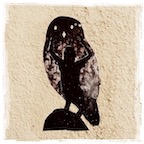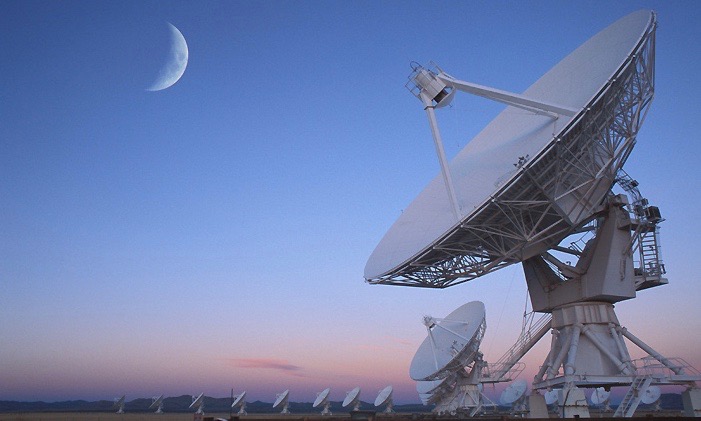DO YOU HEAR WHAT I HEAR?
A dog goes into the Western Union office and says, “I want to send a telegram.” The employee says, “Great. What do you want it to say?” The dog says, “Woof woof woof. Woof woof. Woof woof woof woof.” The Western Union guy tells him, “Got it. But you know, there’s a minimum charge up to ten words. You could add another ‘woof’ if you want.” The dog replies, “But then it wouldn’t make any sense.”
That’s an oldie, but it cracks me up every time I tell it.
It reminds me that what we think we’re communicating isn’t always what’s being heard. Also, that what we think we understand isn’t necessarily the same thing that anyone else gets.
Of course, most of the time when we’re speaking the same language, we can be reasonably confident that everyone is sharing the basic gist; it’s coherent. But at the same time, in other ways, what each of us hears is almost entirely personal; everyone is developing their own singular understanding of everything. Our listening is always filtered through cultural contexts, expectations, prejudices, and our own unique lived experience.
For the past few days, I’ve been listening to my nine-and-a-half hour playlist of holiday music, including six different versions of “Do You Hear What I Hear?” And every time that song comes on, I find myself grumbling, “No!” in reply.
I grumble not because I don’t love this carol. I do. It’s so sweet and tender. I’m moved by the fact that it was written as a plea for world peace during the Cuban Missile Crisis of 1962. Still, the titular question calls forth something contrary in me; lately, I’m finding it almost irksome.
“Do you hear what I hear?” Um… no.
As a matter of fact, I’m pretty sure that you and I usually are hearing quite different things. Even when we agree, we’re hearing different things. And when we’re in disagreement, I don’t know what the hell you’re hearing — forget about it!
The same sound vibration reaching both of us, when it lands on your eardrums and mine, gets modulated and translated differently through our different brains. If a tree falls in the forest, and we’re both right there to witness it, still we experience it in our own way.
This can be frustrating, when what we crave is certainty and clarity, because it sure makes stuff seem murky sometimes, less objective and obvious. It might make genuine connection appear elusive or even impossible, if by “connection” what we mean is easy affinity and automatic agreement. But ultimately, I believe that it’s a good thing.
It is really liberating to give up the idea that everyone could or should perceive the world exactly the same way that I do. Or thinking that I should hear and see and feel the world like they do, either.
What if we stopped taking others’ understanding for granted? What if we took it, even, as a matter of course that everyone is on some completely different wavelength most of the time?
Maybe, then, when we did really attempt to communicate and relate, we’d be inclined to do so with more intention and care. Maybe this would lead to deeper, more meaningful conversations with more active listening and honesty.
It’s a good thing that we experience the world differently from each other. It’s a wonderful, magical, expansive thing. Because it requires us to approach relationships with open-mindedness, patience, and compassion. It also invites us, perpetually, into an even greater communion — a Wholeness that includes both and all of us, a Divine Idea that by definition is boundless, and a Peace that surpasses any individual understanding.
Goodness and Light, Joy and Blessings, Peace and Hope and Love Everlasting. Welcome to the winter holidays, dear Hearts. I can’t wait to be with you this Sunday, December 8. Service at 10 am, at Bosque Center for Spiritual Living. XO, Drew




